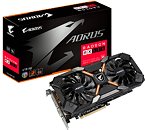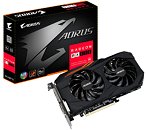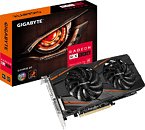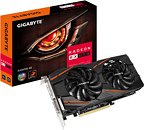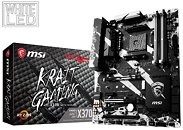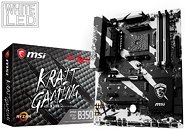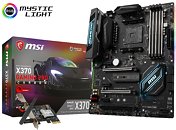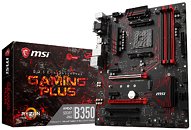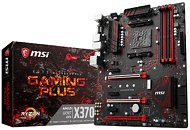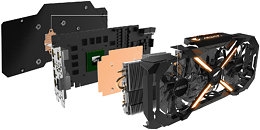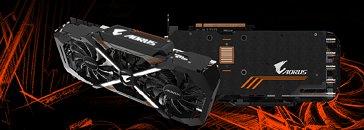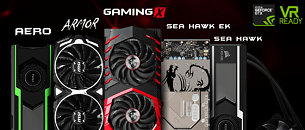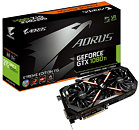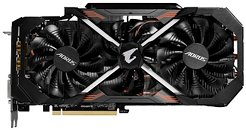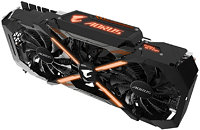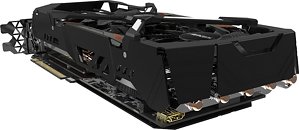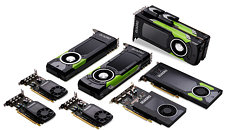
Latest Unity Engine's Beta Supports NVIDIA VR Works
While the Unity Engine isn't one used for cutting-edge triple-A releases, its workflow is considered by many to be one of the most scalable and platform-adaptable there is. The engine can be scaled all the way from 2D, text-based mobile games all the way towards 3D, VR presentations, which makes it a popular choice - particularly, to Indie studios. A slight sideline here as NVYVE Studio's P.A.M.E.L.A. is powered by Unity, and I have high hopes for that one piece of 3D interactivity.
According to Nvidia, adding VRWorks to titles created with the Unity Engine will now be significantly easier thanks to the recently released Unity 2017.1.0 Beta 2. Unity now doubles down as one of the most popular game engines for VR development (SuperHot VR was powered by it, for example), with Nvidia also stating that the Unity Engine is an important tool for other interactive experiences such as film, medical, tourism, design, education, and training, as well, proving the engine's versatility. As to VRWorks, it functions much like GameWorks: it's a suite of developer tools, APIs, libraries, and engines that are now available as a plugin in the Unity 2017.1.b2 update. Nvidia said that this provides developers an easy path to taking advantage of the SDK in their games and VR experiences. Namely, Unity Engine now includes plugins for Nvidia VRWorks technologies such as Multi-Res Shading, Lens Matched Shading, Single Pass Stereo, and VR SLI, and you can download the latest Beta version of the engine right from NVIDIA.
According to Nvidia, adding VRWorks to titles created with the Unity Engine will now be significantly easier thanks to the recently released Unity 2017.1.0 Beta 2. Unity now doubles down as one of the most popular game engines for VR development (SuperHot VR was powered by it, for example), with Nvidia also stating that the Unity Engine is an important tool for other interactive experiences such as film, medical, tourism, design, education, and training, as well, proving the engine's versatility. As to VRWorks, it functions much like GameWorks: it's a suite of developer tools, APIs, libraries, and engines that are now available as a plugin in the Unity 2017.1.b2 update. Nvidia said that this provides developers an easy path to taking advantage of the SDK in their games and VR experiences. Namely, Unity Engine now includes plugins for Nvidia VRWorks technologies such as Multi-Res Shading, Lens Matched Shading, Single Pass Stereo, and VR SLI, and you can download the latest Beta version of the engine right from NVIDIA.













